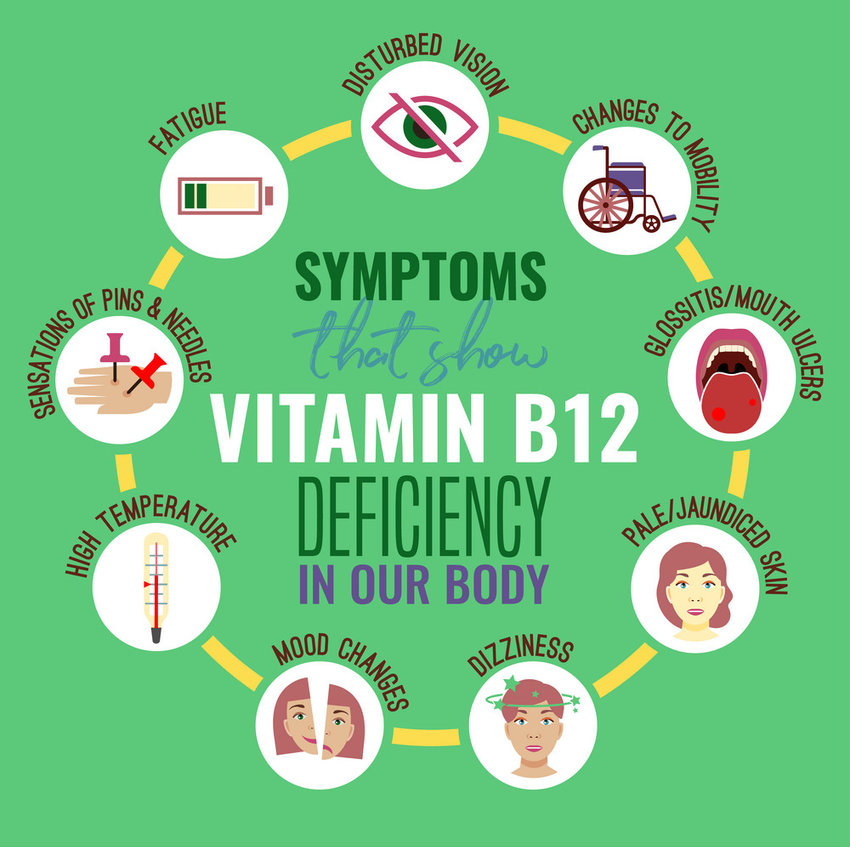Definition
Vitamin C deficiency is a state characterized by insufficient levels of vitamin C inside the body. Vitamin C is an essential nutrient that plays a crucial role in:
- The processes of formation, proliferation, and regeneration of connective tissue, bones, and skin
- Facilitates the body's absorption of iron, a crucial process for the production of red blood cells
- The normal functioning of blood vessels.
- Preserve optimal dental health and ensure the well-being of both teeth and gums
- Facilitates the process of wound and burn healing
- Provides cellular protection against oxidative stress caused by free radicals
A deficiency in vitamin C may result from irregular consumption of substances containing this vitamin. Nevertheless, while instances of vitamin C deficiency are uncommon in industrialized nations, they remain quite prevalent in developing countries.
Each day, adults require approximately 45 mg of vitamin C. This quantity is comparable to consuming half an orange or one glass of strawberries, which each contain approximately 84 mg of vitamin C. Breastfeeding women require an additional 65 mg daily. In contrast, adolescents require between 30 and 40 mg daily.
Causes
The daily requirements for all vitamins specify the quantity of each vitamin that should be incorporated into a nutritious diet. In the absence of a consistent and nutritious dietary intake of foods containing vitamin C, one may potentially encounter a deficiency in this essential vitamin.
Risk factor
An individual's vulnerability to vitamin C deficiency increases in the absence of fresh, refrigerated, or canned produce. This condition is prevalent in low-income and middle-income countries. Moreover, women who are pregnant or breastfeeding exhibit an elevated requirement for vitamin C, rendering them potentially vulnerable to deficiencies in this nutrient.
In addition to that, various medical disorders can render an individual more susceptible to vitamin C insufficiency, specifically:
- Anorexia and bulimia nervosa are eating disorders characterized by severe restrictions on food intake
- Persistent diarrhea
- Chronic loss of appetite, as seen in cancer patients undergoing chemotherapy and experiencing nausea as a side effect
- Suffering from a medical condition characterized by elevated body temperature or chronic inflammation
- The thyroid gland located in the neck is hyperactive and secretes an excessive amount of thyroid hormone
- Burn injuries
- Receiving dialysis treatment
- Smoking behaviors can elevate the requirement for vitamin C
- Alcohol abuse
Symptoms
The following are prevalent indications and manifestations of vitamin C deficiency:
Rough skin
Vitamin C has a significant impact on the synthesis of collagen, a protein that is present in connective tissue such as skin, hair, joints, bones, and blood vessels. Deficits in vitamin C may result in the development of keratosis pilaris, a cutaneous condition. On the back of the upper limbs, thighs, or buttocks, this condition causes a patchy appearance of the skin due to an accumulation of keratin protein in the pores.
Hair disorders
A deficiency in vitamin C may also result in crooked or coiled hair because of disruptions in the structure of the hair protein during growth. The presence of corkscrew-shaped hair is a significant indicator of a deficiency in vitamin C. As damaged hair is more susceptible to shedding, the symptoms might not be immediately apparent.
The hair follicles present on the skin's surface are equipped with numerous minuscule blood vessels that deliver blood and essential nutrients to the region. A deficiency of vitamin C in the body leads to the fragility and susceptibility of these blood vessels to damage, resulting in the emergence of small, vivid red spots surrounding hair follicles. This condition is alternatively known as perifollicular hemorrhage and is a clear indication of a severe deficiency in vitamin C.
Spoon-shaped nails
Spoon-shaped nails are defined by their concave form and are frequently thin and fragile. Splinter hemorrhage, sometimes referred to as red patches or vertical lines on the nails, can occur as a result of fragile blood vessels that are prone to breaking.
Dry and damaged skin
The epidermis, which is the outer layer of the skin, is rich in vitamin C, contributing to the overall health of the skin. By protecting the skin from toxins like cigarette smoke and sun damage, vitamin C preserves the health of the skin. Vitamin C stimulates the synthesis of collagen, a protein that maintains the elasticity and youthful appearance of the skin. Consequently, a lack of vitamin C will have an impact on the health of the skin.
Prone to bruise
Vitamin C deficiency sometimes manifests as easy bruising. Small, purple patches under the skin or large areas of discoloration on the body may be signs of bruising due to a nutrient deficiency.
Painful and swollen joints
Vitamin C insufficiency can also impact joints due to the high collagen content of the connective tissue found in joints. Vitamin C insufficiency is associated with many instances of joint pain and, in extreme situations, can make walking difficult or impossible. Bleeding within the joint can also result in excessive swelling and pain.
Dental and gum disorders
Vitamin C deficiency is also characterized by red, inflamed, and bleeding gums. When vitamin C levels are low, gum tissue can become irritated and thin, and blood vessels are more likely to bleed. In extreme circumstances, the gums may even become discolored and decay. When gum disease and dentin weakness are present, teeth are more likely to loosen.
Diagnosis
To diagnose a deficiency in vitamin C, the doctor will ask about your current symptoms, conduct a physical examination, and evaluate your body's vitamin C levels through a blood test. This test measures the amount of vitamin C in your bloodstream. Additionally, in children, bone X-rays may be conducted to check for any abnormalities in bone growth as part of the diagnostic process.
Management
Patients with a vitamin C deficiency can receive prescriptions for vitamin C supplements from their doctors. The doctor will also review the patient's daily diet to recommend foods that are suitable for their condition and preferences, emphasizing the importance of consuming fresh fruits and vegetables. Symptoms typically improve within 1-2 weeks of treatment, although gum problems may persist for a longer duration.
Complications
The complications of severe or sustained vitamin C deficiency include:
- Prolonged wound healing
Vitamin C deficiency decreases collagen production, slowing wound healing. In severe vitamin deficiency, existing wounds can reopen, increasing infection risk. Prolonged wound healing is a sign of severe insufficiency that usually takes months to appear.
- Fragile bones
Inadequate levels of vitamin C can also have an impact on the health of the bones. Inadequate consumption is linked to a heightened susceptibility to bone fractures and osteoporosis (loss of bone density). Studies indicate that vitamin C plays a crucial role in the process of bone development. Therefore, a lack of vitamin C might lead to an accelerated rate of bone loss. Vitamin C deficiency can have a particularly detrimental impact on the bones of children, as their bones are still in the process of growing and developing.
- Weak immune system
Studies indicate that vitamin C builds up in different immune cells to enhance the body's ability to prevent infections. A deficiency in vitamin C has been associated with an increased susceptibility to infection, particularly in severe conditions like pneumonia affecting the lungs.
Prevention
If you are concerned about not getting enough vitamin C, boosting your intake of vitamin C-rich fruits and vegetables during both lunch and dinner can help you meet your needs. As a nutritious snack option, consider adding mandarin oranges to your routine—they're not only delicious but also packed with vitamin C.
When to see a doctor?
You can consult a doctor if you are concerned that you are not consuming or absorbing sufficient amounts of vitamin C-rich foods.
.
Looking for more information about other diseases? Click here!
- dr Hanifa Rahma
Vitamin C deficiency (2022) healthdirect. Healthdirect Australia. Available at: https://www.healthdirect.gov.au/vitamin-c-deficiency (Accessed: February 9, 2023).
Julson, E. (2018) 15 signs and symptoms of vitamin C deficiency, Healthline. Healthline Media. Available at: https://www.healthline.com/nutrition/vitamin-c-deficiency-symptoms#TOC_TITLE_HDR_17 (Accessed: February 9, 2023).
Johnson, L.E. (2022) Vitamin C deficiency - disorders of nutrition, MSD Manual Consumer Version. MSD Manuals. Available at: https://www.msdmanuals.com/home/disorders-of-nutrition/vitamins/vitamin-c-deficiency#v45106383 (Accessed: February 9, 2023).












